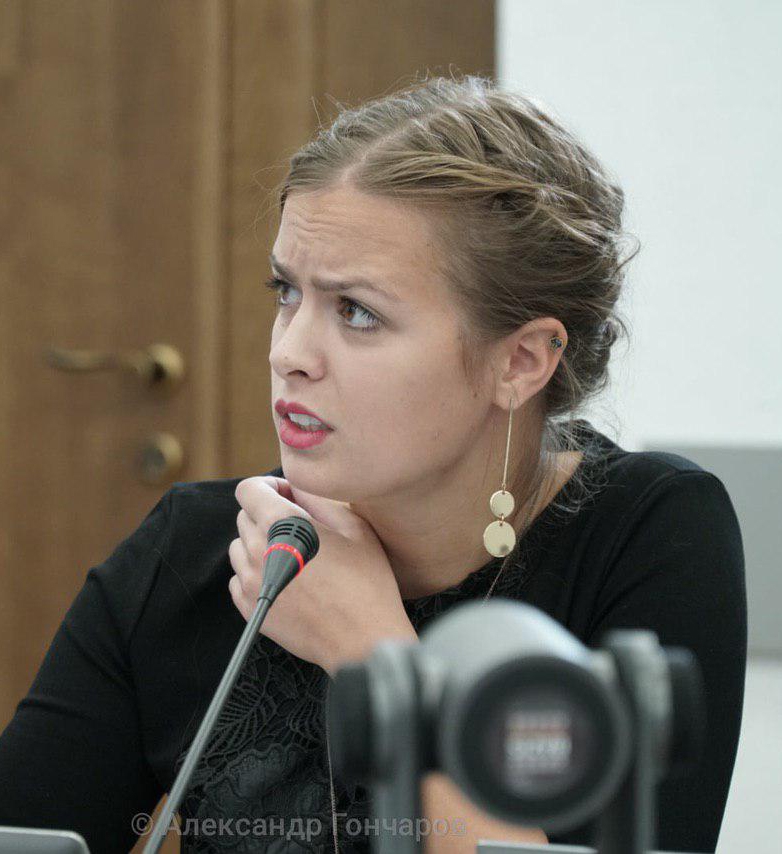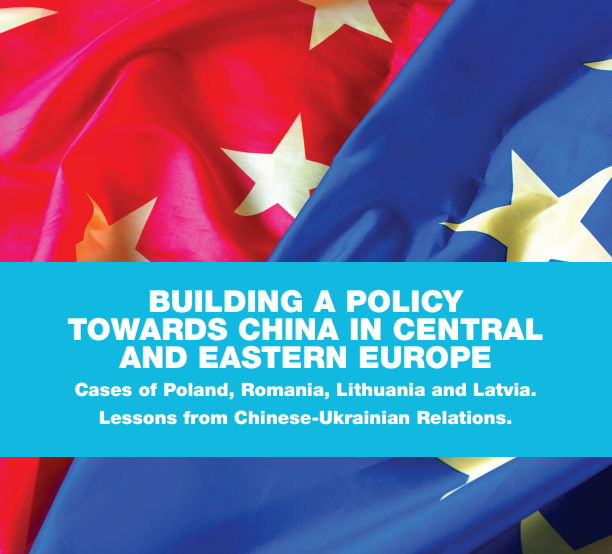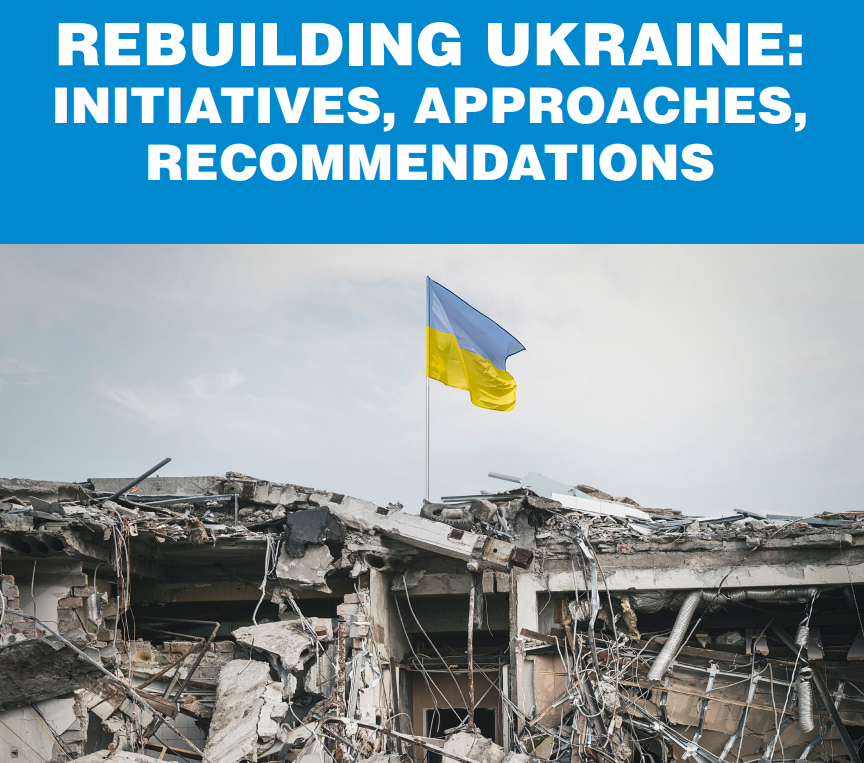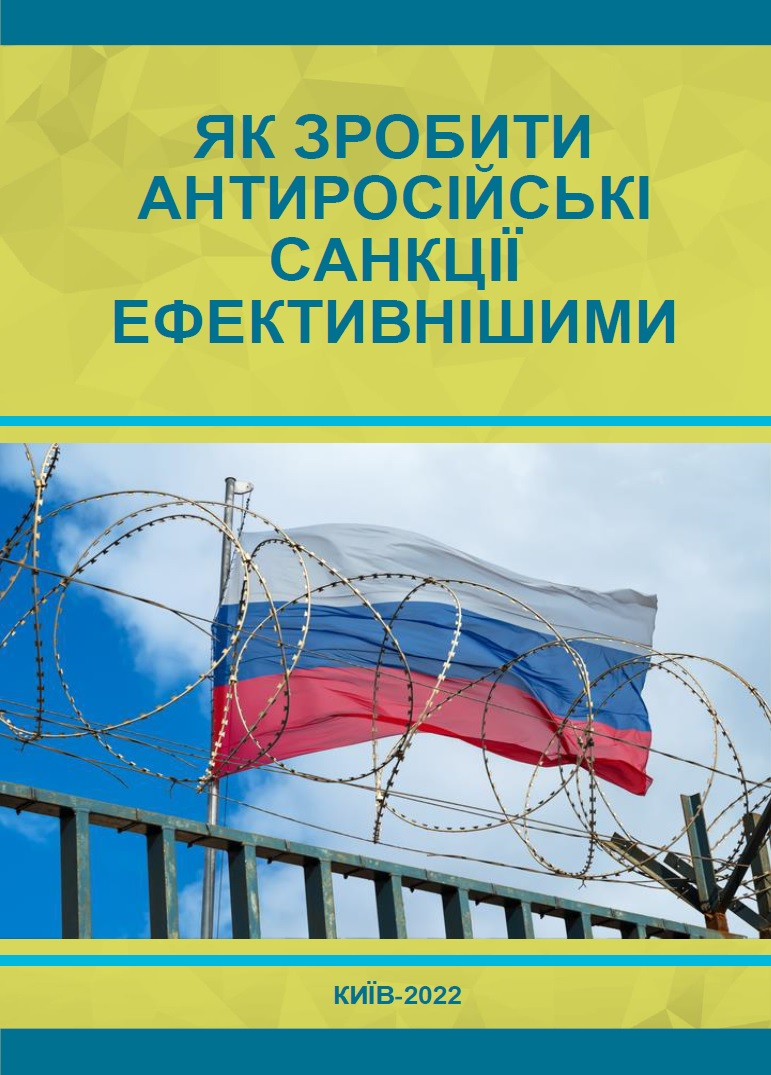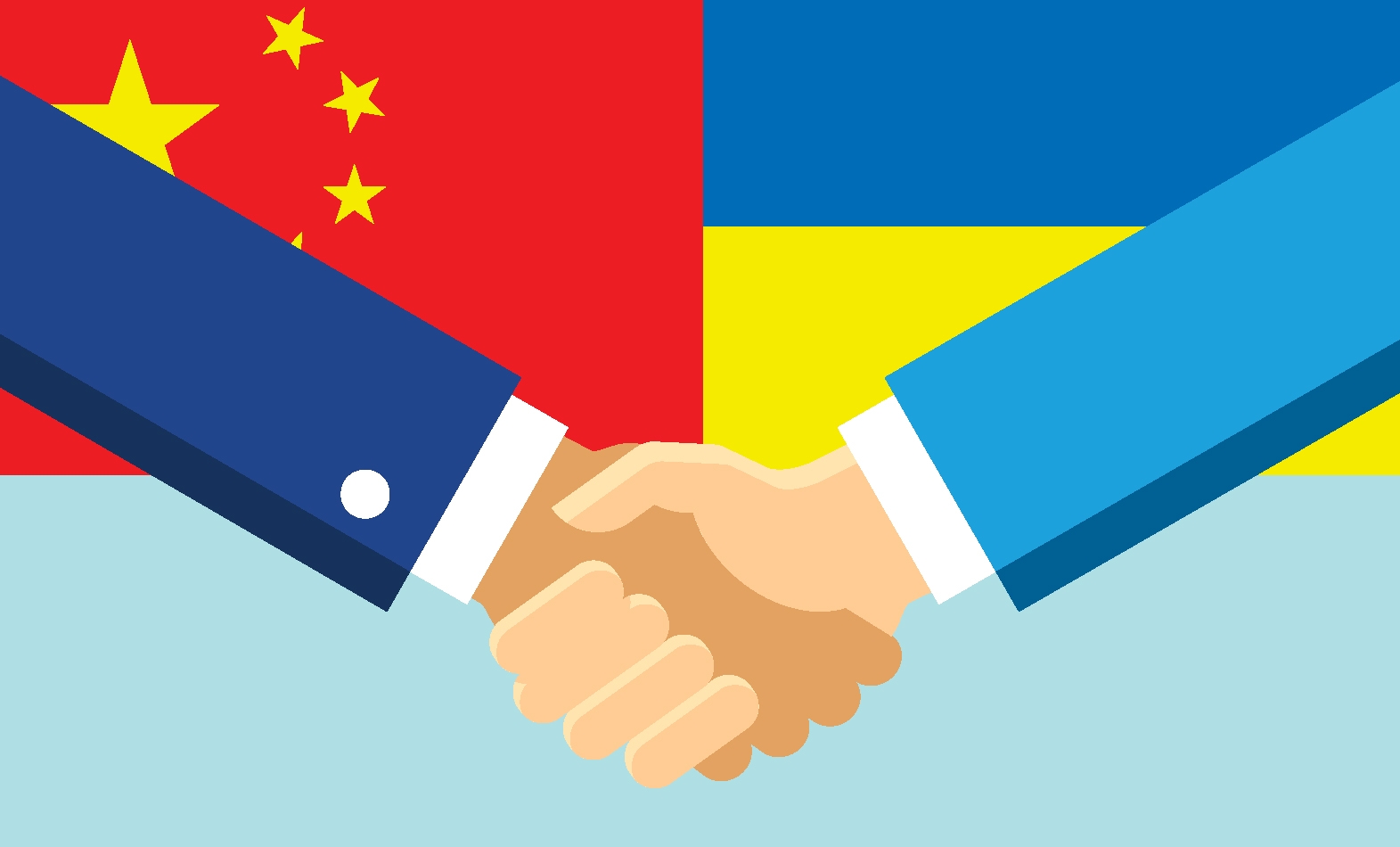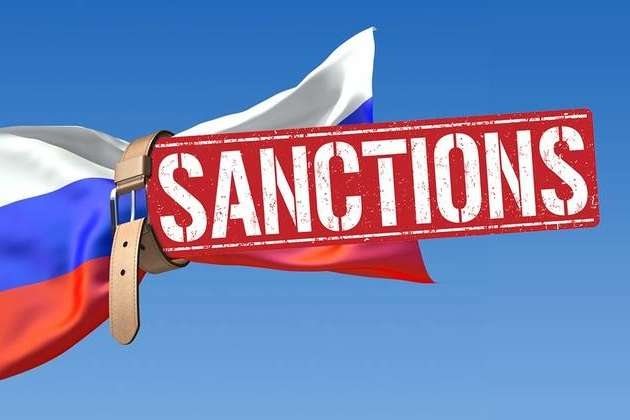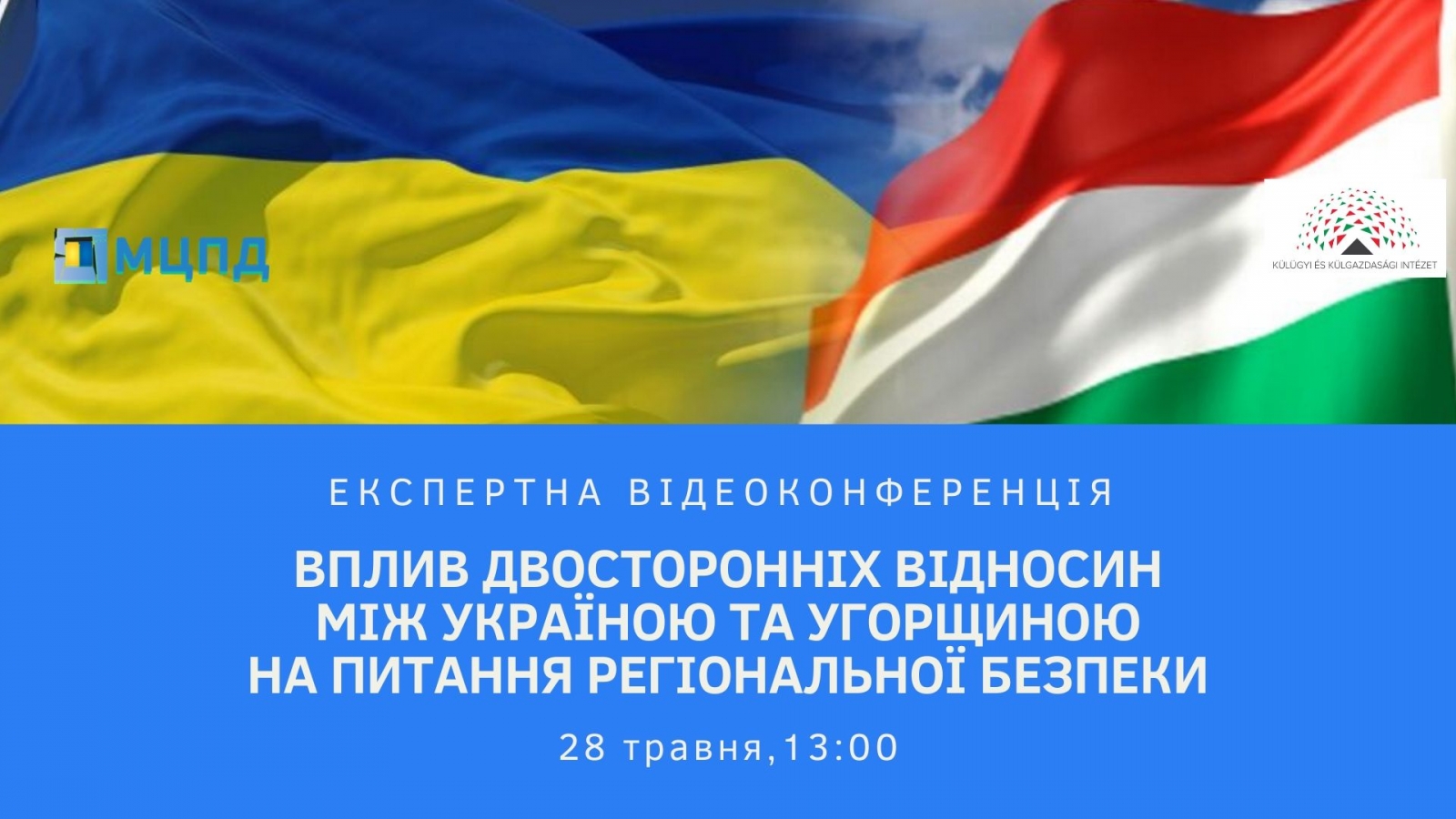Recently, Turkish President Recep Tayyip Erdogan has accused Germany of using “nazi practices”. The statement of the Turkish leader was made against the backdrop of a diplomatic dispute between Ankara and Berlin. German authorities have banned performances of Turkish officials at the events in Germany, where the ministers had to agitate for constitutional reform. Instead, the Turkish authorities are interested in supporting by approximately 1.3 million Turks who will have voting rights in the referendum on April 16.
Now the relations between Germany and Turkey are called “war of words”. This characteristic very realistically describes a peak situation that was a few days ago. The starting point of aggravation of these relations was “incomplete revolution” held in Turkey in summer. Then, literally in the middle of February in Turkey the journalist was detained who works for the German Die Welt newspaper. The journalist, who is still imprisoned, was accused of terrorism. Why did Erdogan state that Germany is using Nazi tactics? The whole essence of this conflict is that the referendum on constitutional amendments is approaching in Turkey which should strengthen the presidency of Erdogan. It is clear that campaign for plebiscite preparation is taking place now. German local authorities have canceled activities within that campaign, relying on safety reasons. Erdogan used the situation immediately and began to accuse Germany that it inhibits freedom of speech and the rights that were, of course, Erdogan's obvious manipulation. The canceling of demonstrations in Germany was the beginning of diplomatic ping-pong between the two countries.
Erdogan's statements are very politically motivated. His ruling party should send maximum efforts to mobilize electors to support constitutional changes. It should be understood that many Turks are living in Germany who can vote in the referendum - there are 1.3 million people.
Why does the referendum cause such concerns in particular in Germany and the EU? That`s why because Erdogan wants to bring to completion the “sultanization” of his country, turning on parliamentary republic to fully presidential. These changes increase powers of the President and decrease powers of the Prime Minister and the Vice President position is introduced. The critics of such measures say that such changes are absolutely negating any system of political balance.
A very good method of activating of his electorate is to portray his enemies, real or imaginary. It works. Erdogan also likes to blackmail. Through migration agreement the EU is highly dependent on Turkey and the Turkish president uses it.
If the referendum held by the necessary scenario for Erdogan, it will have a serious impact on the relationship with the EU countries. One can recall that before the intention to hold the referendum and the military incomplete revolution the EU has frozen entry into force Turkey`s membership to EU. If the referendum is held according to plan, the EU will review its relations with Erdogan and Turkey.
Erdogan, of course, couldn`t foresee such a development. We must pay tribute to Erdogan: he was able to conclude an agreement with the EU and thus put it in dependence. Now he feels fine, by which and what to pick up the EU.
Most likely, all this intense rhetoric will go into decline and will calm down after April 16, when a referendum will be held. Germany and Turkey are very interconnected countries and their relationship should be adjusted. It can be shown now by Merkel`s reaction to Erdogan's statements. German Chancellor showed her balanced position, noting the unacceptability of such statements, but she gave a hint that Germany will work on relationship consolation. Erdogan, in turn, sees his country a leader and dominant in the region, so he will still try to make Turkey the EU member.
ICPS experts researched the question of building a policy towards China in Central and Eastern Europe
ICPS has prepared an analytical study focused on the evolution of China's regional policy in Central and Eastern Europe, as well as recommendations for developing policies towards China in the region. The "One Belt, One Road" initiative has become a key tool for promoting China's geopolitical interests and implementing its grand strategy aimed at changing the existing international order. This global initiative encompasses transportation, logistics, trade, and investment projects, promoting China's transition to a new level of influence and responsibility. Europe plays an important role in this. The European market is a natural "center of gravity" for China's export-oriented economy; Beijing seeks to build strong cooperation with Europe based on active trade and interdependence. China, in its turn, is also an important trading and economic partner for Europe. Central and Eastern European countries (CEE) have in some sense become "gateway" to Europe for China. Seeking to deepen relations with them and involve in its own infrastructure projects, China has developed and implemented a regional policy within the framework of the "14+1" initiative (previously "16+1" and "17+1"), as well as on a bilateral level. This Chinese activity has elicited ambiguous reactions both among participating states and among other EU members. Russia's invasion of Ukraine has brought new problems to the agenda and significantly weakened China's position in Europe, particularly in the CEE. Political and security issues have taken priority over trade and infrastructure. The ongoing war has forced both China and countries of the region to adjust their perceptions and policies towards each other. The most vivid trends and problematic issues are examined in the paper utilizing the experience of Poland, Romania, Lithuania, and Latvia. Taking also into account Ukraine's experience in building relations with China, recommendations are provided for the main elements of CEE's policies towards China. More information can be found at the following link: https://icps.com.ua/en/our-projects/publications/building-a-policy-towards-china-in-central-and-eastern-europe/
What are the main problems of reconstruction plans for Ukraine and what are the ways to solve them: experts provided recommendations
International Centre for Policy Studies has presented the document "REBUILDING UKRAINE: INITIATIVES, APPROACHES, RECOMMENDATIONS", which analyzed different aspects of the future reconstruction process for Ukraine. According to various estimates Ukraine's total losses resulting from Russian aggression at the end of 2022 constituted around 700 billion US dollars. This amount has been increasing every day of Russian attacks and bombardments targeting civilian infrastructure and killing innocent people. The international community recognizes the need to finance reconstruction of Ukraine. There have been many international conferences, expert studies and discussions on that. However, there is currently no consensus on sources or tools for Ukraine's rebuilding projects, no agreed overall concept of how the process will be conducted and implemented. Meanwhile, needs of Ukraine for reconstruction are urgent and vital to keep country viable and able to withstand Russian continuing aggression. This necessitates an in-depth study of the issue as well as public and expert discussions to suggest appropriate decisions. In this paper the International Center of Policy Studies examines existing international experience of post-war reconstruction with a special attention to good examples, which can be used by Ukraine. Existing initiatives regarding the reconstruction of Ukraine are analyzed with a focus on new ideas and recommendations, which can be used in this process. The study intends to contribute to current expert discussions in Ukraine and among our partners on reconstruction of the country during and after the war. You can read/download the ICPS publication "REBUILDING UKRAINE: INITIATIVES, APPROACHES, RECOMMENDATIONS " by following the link: https://icps.com.ua/en/our-projects/publications/rebuilding-ukraine-initiatives-approaches-recommendations/
How to make sanctions more effective: ICPS analysts offered new ideas
International Centre for Policy Studies has presented the document "How to make anti-Russian sanctions more effective", which analyzed the gaps in the sanctions policy. It is noted that the international community has adopted seven packages of sanctions against Russia since its full-scale invasion of Ukraine in 2022. Over 50 countries have in some form joined the sanctions regime. Some states, such as Israel and China, don't adopt sanctions but block potential ways for Russia to evade their effect. Mainly, it is the developing countries that don't implement the sanctions regime, while the collective West is decisive and united in its exploit of the tool. Akin to 2014 and after, sanctions constitute a complex mechanism of selective action. They are not absolute but rather operate in different sectors and against particular individuals or legal entities. In addition to sectoral sanctions, diplomatic and visa restrictions are in place. At the same time, to make the sanctions more effective, the international community should fill the gaps that allow for a selective designation of Russian oligarchs and politicians. It requires a systemic analysis and monitoring aimed at finding these gaps, then sanctioning the individuals who had avoided personal sanctions. Accordingly, this document contains not only an analysis of the sanctions policy, but also recommendations for minimizing its gaps. You can read/download the ICPS publication "How to make anti-Russian sanctions more effective" by following the link: https://icps.com.ua/en/our-projects/publications/how-to-make-anti-russian-sanctions-more-effective/
SINO-UKRAINIAN RELATIONS: RESEARCH PAPER
In context of the ICPS' latest project on monitoring foreign economic relations, ICPS experts have conducted extensive research, round table debates and in-depth analysis of the current status of Sino-Ukrainian relations. China's political interest and economic investments in Ukraine has risen exponentially since the announcement of the One Belt One Road Initiative, yet is Ukraine ready for intensifying bilateral relations with such a world power? For more details, read the ICPS' latest study.
Austrian experts and diplomats discussed ICPS study “Sanctions against Russia”
Sanctions must remain a key instrument of pressure on Russia to restore Ukraine's sovereignty and territorial integrity. This conclusion was reached by Ukrainian and Austrian foreign policy experts during expert discussion of the ICPS study “Sanctions against Russia: current state, prospects, successes and gaps of the multilateral international sanctions regime against Russian Federation”, which took place on Tuesday, June 3, in the format of online discussion. About 40 Austrian and Ukrainian diplomats, analysts and foreign policy experts took part in online discussion “Sanctions against Russia: are they still effective?”, organized by ICPS in conjunction with the International Institute for Peace (IIP, Vienna) with the support of the International Renaissance Foundation. The speakers were Hannes Swoboda, President of the International Institute for Peace (IIP), Peter Havlik, expert at the Vienna Institute for International Economic Studies, Anastasia Galushka, ICPS expert in international law and human rights and Mykola Kapitonenko, ICPS associate expert. The participants of discussion stressed the need to continue sanctions against Russia, as Russia's actions in Ukraine are a challenge not only for our country, but for the entire international community which is why they must receive a joint coordinated response. “Sanctions, as a tool “between wars and words”, remain the only way to put pressure on Russia's foreign policy while limiting its destructive potential for international security,” ICPS expert in international law and human rights Anastasia Galushka said. According to Mykola Kapitonenko, combination of different types of sanctions will allow for a more systemic impact on Russian policy; while the procedure of their periodic extension will signal the dependence of sanctions pressure on specific changes in the behavior of the Russian Federation. It should be noted that earlier ICPS experts presented the study “Sanctions against Russia” in the United States, Estonia, Belgium, Italy and Poland. You could download and read ICPS study “Sanctions against Russia” via the link: https://cutt.ly/orQ0PGd
ICPS conducted a video conference on bilateral relations between Ukraine and Hungary
On Thursday, May 28, the International Centre for Policy Studies (ICPS) and the Institute for Foreign Affairs and Trade (Hungary) initiated an expert video conference on “Impact of Bilateral Relations between Ukraine and Hungary on Regional Security”. The online event was part of the project “Ukraine-Hungary: Towards Understanding” with the support of the Institute for Foreign Affairs and Trade. During the video conference, the participants discussed the state and prospects of relations between Ukraine and Hungary in the context of regional security, Hungary's role in Ukraine-NATO relations, the impact of the Russian conflict on Ukrainian-Hungarian relations and regional security. The event was attended by several dozen experts, including Christina Murphy, Deputy Head of Mission, Hungarian Embassy in Ukraine, Georgy Ilyash, research fellow at the Institute for Foreign Affairs and Trade (Hungary), Mykola Kapitonenko, ICPS Expert on Foreign Policy, Dmytro Tuzhansky, political scientist, expert on Ukrainian-Hungarian relations, Anastasia Galushka, ICPS expert on foreign policy and international law. “Relations between Hungary and Ukraine still remain in a well-known deadlock,” Mykola Kapitonenko said. - Minor shifts in recent months, firstly, do not fully meet the expectations that arose after the victory of Volodymyr Zelensky in the presidential election, and, secondly, according to Budapest, do not solve the key problem of narrowing the rights Hungarians in Ukraine”. According to him, the rapid development of events in the region pushes our countries to cooperation. Against the backdrop of the coronavirus pandemic, a bilateral agreement on health cooperation was signed, a corridor was set up in Hungary for Ukrainians to return home, and new formats of governmental remote communication were tested. “The usual agenda, dominated by the Russian threat, retaliation by NATO and the lack of democracy, is giving way to the challenges of pandemic,” Mykola Kapitonenko said. - In addition to those directly related to human health, these are problems that have already been or will be caused by the economic recession and the growing demand for security among citizens. Together, they change the way states communicate and perceive each other. Borders and various barriers are being partially restored, selfishness is growing, and political decisions are returning to the usual national level.” Anastasia Galushka drew attention to the controversial law on education which provoked numerous discussions at the political and professional levels. “It can hardly be argued that citizens living in Ukraine should know the state language of the country, and that this law can only be seen as an advantage for members of national minorities,” ICPS expert said. “However, implement the law in practice was much harder than expected.” According to her, the Venice Commission also addressed this issue and formulated some principles, stating that knowledge of the official language of the state is a factor of social cohesion and integration, and it is legitimate for states to promote their language and call for the state language to be the language of education for all. “Ukraine and Hungary are part of a single region, establishing cooperation and maintaining a common consensus could significantly expand the capabilities of both countries,” Anastasia Galushka added. - This would control the level of escalation of the conflict. The regional context can open new horizons for both states, take them out of the circular discussion and focus only on current problems. A full-fledged strategic partnership is still a long way off, but at least the current crisis can be overcome.”

